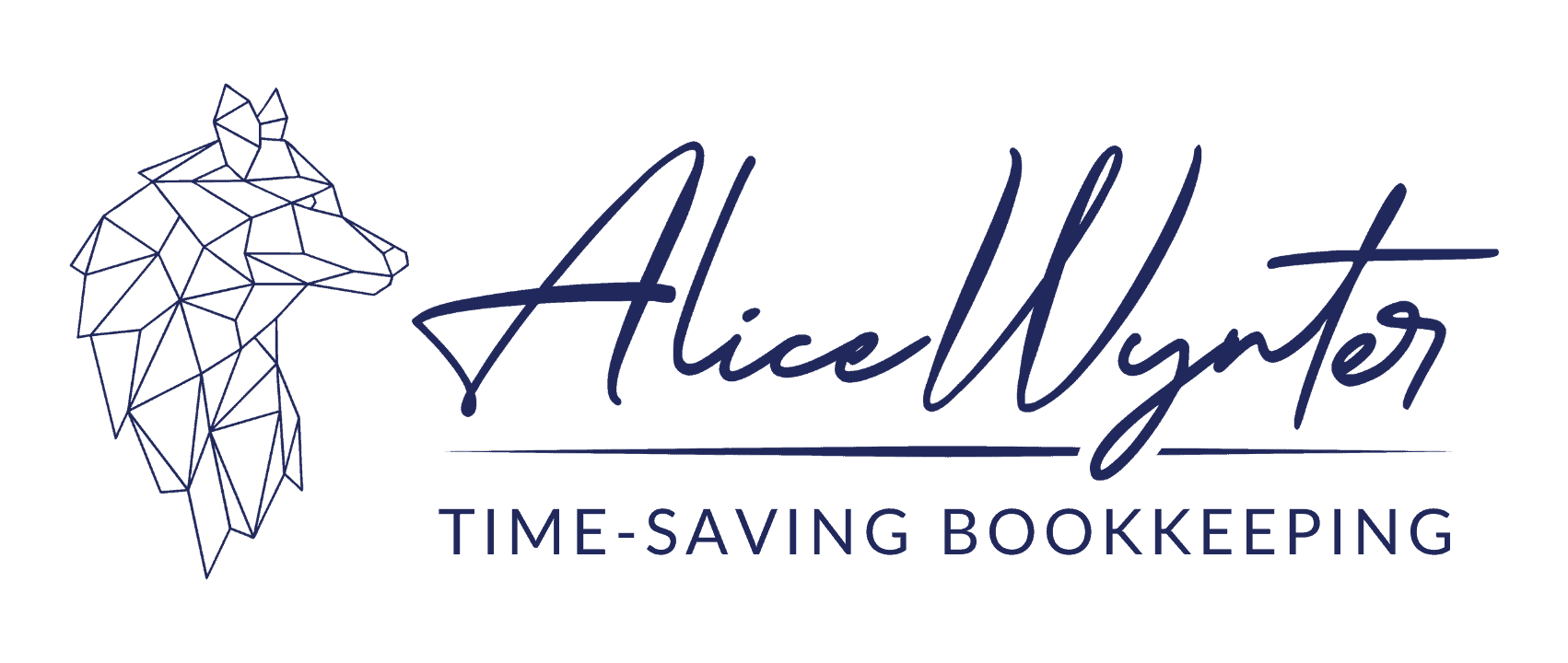For many of us, the subject of debt equals that of a four-letter w$o%r*d!
Just the mere thought of debt makes many of us cringe, and our stomachs turn in knots. Carrying debt, or even just the idea of possibly getting into it, or often, deeper into it, sparks off a whole slew of negative emotions.
I often talk about the many feelings associated with the topic of money, and so for this blog, I’m going to help uncover and face some of these feelings, and together we can tackle them one by one.
Let’s start with a story…
Meet Liz. At 39, she had recently gone through a divorce and now found herself on her own, surprisingly struggling to make ends meet. She had split up with her ex-husband amicably, and they had no assets to divide, however having shared expenses before, Liz found that maintaining her day-to-day lifestyle, and paying all her expenses on her own while also keeping up with regular payments on her debt load was becoming increasingly difficult.
It seemed that her paycheque was literally gone within moments of it arriving in her bank account. “I just don’t understand where all my money is going,” an exasperated Liz told me. “It just makes me feel so lost.”
Liz doesn’t live a lavish lifestyle. She rents a junior one-bedroom apartment in a trendy section of Toronto for which she pays $1,900 a month. She has no dependents, except her dog Lucky, and her annual salary of $80,000 is nothing to sneeze at. Liz has a car that has been fully paid off, and other than the usual monthly bills, Liz’s financial situation doesn’t seem to be that dire.
She drives to work 2 days a week and works from home for the rest, so gas, parking, and the usual car maintenance items take up a chunk of her funds – but still – on $80,000 a year, which puts approximately $4,700 per month in her pocket after taxes, what is going on here?
Why is Liz struggling to make ends meet?

Well, it turns out that after her divorce, Liz had racked up over $40,000 in consumer debt. As the couple had no assets at the time of their divorce, the net result of their split financially was that Liz was now on her own to pay all her expenses, whereas she used to split them with her ex.
They never had a solid financial plan when they were together, and now being on her own was no different. Liz told me that money was something they had often fought about, and yes, it definitely was a huge factor in their breakup. “We could never seem to agree on anything – let alone money,” she told me.
So, after the divorce, once Liz was settled in her new apartment and open to new beginnings, she felt the need to escape for a while and recharge her batteries. “I just needed some space to clear my head and think about everything I had been through”, she told me.
Liz booked herself a one-week all-inclusive trip with a girlfriend to the Caribbean, charged the $2,300 expense to her credit card, and flew off for a much-needed break. But when Liz came back from her trip, those uneasy feelings about her money stuff crept back into her daily thoughts.
“Payday would come, and I would look through my mail and sort through the bills that had arrived. I’d make only the minimum payments on my credit cards, and pay the hydro bill if it was in the pile. Then, I’d go out to the grocery store and stock up on food for a couple of weeks. As additional bills arrived in the mail, I would be afraid to look at my bank account just in case I didn’t have enough money – but somehow, I’ve managed to keep afloat. The worst part is that I would often use my credit card or line of credit every month to make ends meet.”
While Liz kept up with her minimum debt payments, she eventually stopped checking how much she owed in total and ignored her bank account balance almost entirely.
Then as life would have it, her car broke down, and she had to find just over $800 to have it fixed. Having no accumulated savings, Liz’s only option was to pay for the entire repair on her already ballooning credit card.
Liz knew she needed help…

It was at this point that she frantically searched the internet for some help, found me, and booked a clarity call with me for guidance saying, “I just can’t do this anymore. When my car broke down, I looked at my bank account balance and realized the only option I had was to pay for the repair completely with my credit card. Even though my next payday was only a few days away, I felt in my gut that this wasn’t working for me. I know I have to pay down my debt and figure things out. I can’t take the stress anymore, and pretending things are just going to get better without making changes is obviously not the answer”.
Liz had reached a point where the uncomfortable emotions surrounding her finances left her with no choice but to throw up her hands and say, “I surrender.” When we spoke on the phone, she explained how her car breaking down really hit home in that she knew she just had to get help and figure things out.
She hit a point where she was ready to take charge of her finances.
“This is the first time I have ever asked for help with my finances,” she said. “I was so tired of being anxious all the time.”
Emotions Triggered By Money Matters Is Normal

As I have mentioned many times in previous blogs, money matters are extremely emotionally triggering. In Liz’s case, the pattern she had established in avoiding getting a hold of her finances caused her to feel emotions of failure, inability to control her future, and hopelessness, which all rolled up into a big ball of heightened anxiety.
Her anxiety crippled her and set off her fight or flight response, and the flight response (ignoring the financial issues she was experiencing) developed the behaviour and created this negative pattern of behaviour which only got worse as time went on, further feeding the uncomfortable feelings.
But what if I told you that Liz’s experience in how she was dealing with her money issues is very, very common? I mentioned the fight or flight response and have seen it firsthand time and time again – when people are feeling fear, anxiety, or failure, avoiding dealing with their financial issues is what most often happens.
This avoidance shows itself as overlooking the importance of low bank balances, and high credit card or loan balances. It shows itself as overspending, which for many temporarily alleviates anxiety (the pleasure of shopping) followed by feelings of anger, disappointment, and regret which then further feeds the hopelessness.
Avoidance shows itself as frustration in not being able to create a spending plan, or if one is created, then the shame in not being able to stick to it. Avoidance shows itself as not understanding or becoming informed on how the financial world operates and how it relates to your own individual situation. In short, financial avoidance shows itself in many uncomfortable and negative emotions. And it is also easy to see how financial avoidance will also make things worse – the avoidance loop just feeds on itself, and the situation just starts to spiral.
The bottom line is that financial avoidance shows itself by not facing the facts, and letting your uncomfortable feelings take over. And the bottom line is – no one wants to talk about it.
How To Regain Control Of Money Matters
So what will most likely happen if Liz continues to ignore her situation?
Well, as is already starting to happen, she will find it increasingly difficult to achieve any of her financial goals. Debt payments will seem to be futile, as high-interest costs and the continual use of credit cards to fund purchases without a financial plan will only increase her debt load. Planning for vacations could seem way out of reach, and thoughts of retirement are so far off the mark that the idea of it is quickly pushed out of mind.
So what is the answer? How can Liz start to turn things around?
The first steps Liz can take towards creating a better financial situation are to:
1. Admit to herself that she is scared and overwhelmed and that she has been avoiding her finances – and then just forgive herself. Facing her fears now is half the battle.
2. Liz can then promise herself that she will come up with a plan.
3. By coming up with a plan, Liz can then literally start facing her fears by opening her bank statement or looking at all her various accounts online for a few minutes each day. She can then build on that by further diving into the numbers and looking at her spending patterns. She can do the same with her credit card accounts and again take in all the numbers and spending patterns – then also take a hard look at the amount of interest she is being charged. The uncomfortable feelings will come, but will eventually subside.
Start Tracking All Incoming And Outgoing Money
Liz eventually signed up for my quick start mini plan, and together, we created a path that tracked all of her incoming and outgoing money. She checked her progress the way I taught her every payday to ensure her expenses were covered. She also began making notes on her phone of how much money she had available for spending on items like gas and groceries.
Once she got comfortable with her biweekly check-ins, she created a table listing all her debts.
“It was terrifying to see the total amount owed. I didn’t want to think about it. But that also let me track as the numbers went down, and I could see real progress happening. This was a huge help. I started spending within my means, saving up for unusual expenses, and paying off my debts. Emotionally, it made me feel less anxious about money because I knew I was in control,” she said.
“I still sometimes spend money I shouldn’t, and if I’m feeling anxious, I occasionally skip a biweekly check-in. But I know that’s not good for me, and I know how to get back on track quickly and easily. I feel so much better overall when I do the hard thing and sort out my financial situation, and having Alice holding my hand, so to speak, made the process so much easier.”
Summing It Up
Facing your money head-on can be a daunting task, but it is so worth it to get a handle on your finances and feel in control again. You are not alone in this – we all have different money fears that we need to work through.
If you can relate to Liz’s story, then let me help you come up with a plan to help you gain control of your money stuff. You have nothing to fear and everything to gain! Let me help you come up with a plan to tackle all your money fears. I promise that it will be one of the best things that you have ever done.
My Quick-Start Mini Plan offers you three proactive 1-hour coaching sessions to help establish the groundwork. We’ll be covering everything from dreams, values, and cash flow to income – so that together we can create a plan of action tailored just for you. You can upgrade to the full program at any time if needed!
Not sure how to start? It’s as simple as scheduling a call – click here for a free clarity call with me. Let’s get you on the right track to regaining control and taking the fear out of your debt!
Did you like this article? You may also like:
How To Build An Empowering Financial Habit: A Piggy Bank Story
Cash Flow Clarity: 5 Questions To Help You Manage Your Money


